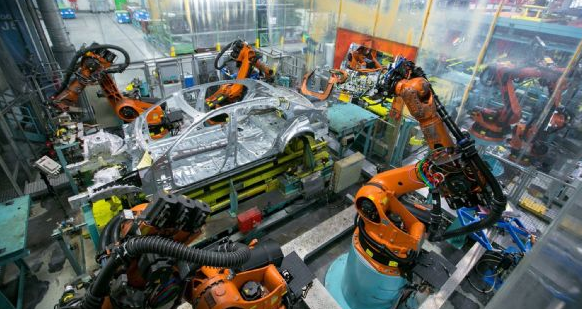People often use technology as the protagonist when envisioning future smart factories. However, technology alone cannot guarantee a successful transition to a smart factory, and the key to successful transformation is factory employees. If they can use these employees' interest in the transition to North Korea Industry 4.0, these people will be potential allies for the future.
According to reports, because many employees are afraid of the influence of technology, futurists see different paths. The London School of Economics (LSE) published the “Robots at Work†research report on the use of industrial robots.

Guy Michaels, director of LSE research, said that because of the increase in productivity of industrial robots by about 15%. At the same time, the proportion of low-skilled labor has fallen, and the salary has increased slightly. Industrial robots have no major impact on the overall number of employees.
Germany is the third highest density industrial robot in the world. A recent study by the Centre for European Economic Research on behalf of the German Federal Ministry of Education and Research revealed similar results. In 2017, the number of employees in Germany reached 44 million, which is the highest number since Germany's reunification. The rapid spread of industrial robots has not weakened the employment data.
Junji Tsuda, chairman of the International Robot Federation (IFR), explained that the modernization of production shifts dangerous, unhealthy and monotonous jobs to machines. In the vast majority of cases, only certain activities of a job are automated, not all of the employee's work scope.
Glass Curtain,Glass Curtain Display,Transparent Glass Curtain,Led Advertising Display
Kindwin Technology (H.K.) Limited , https://www.ktl-led.com